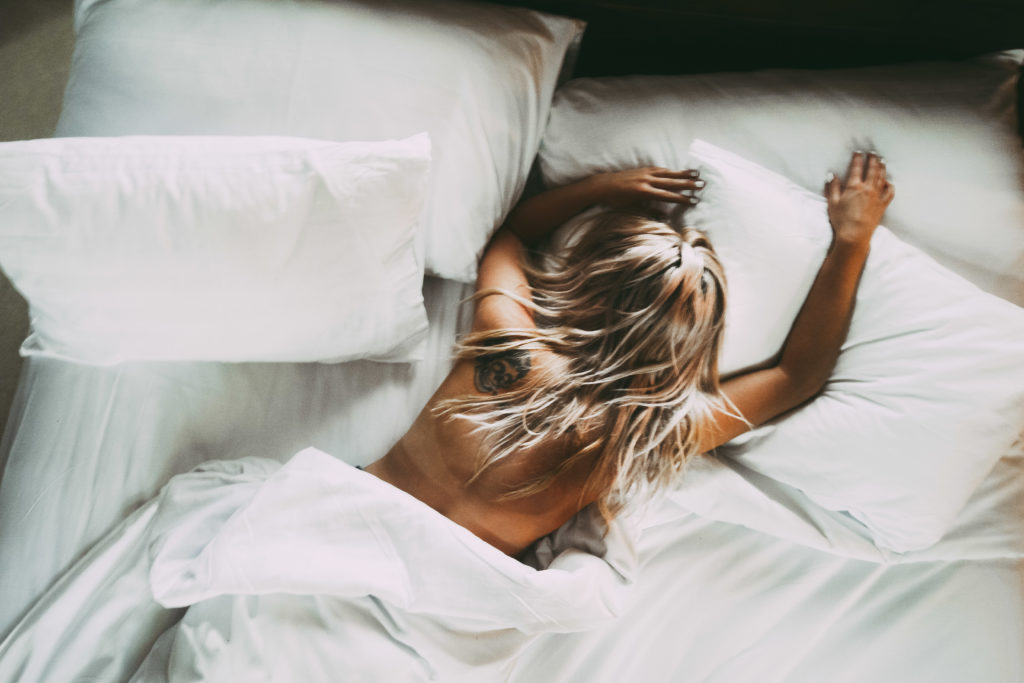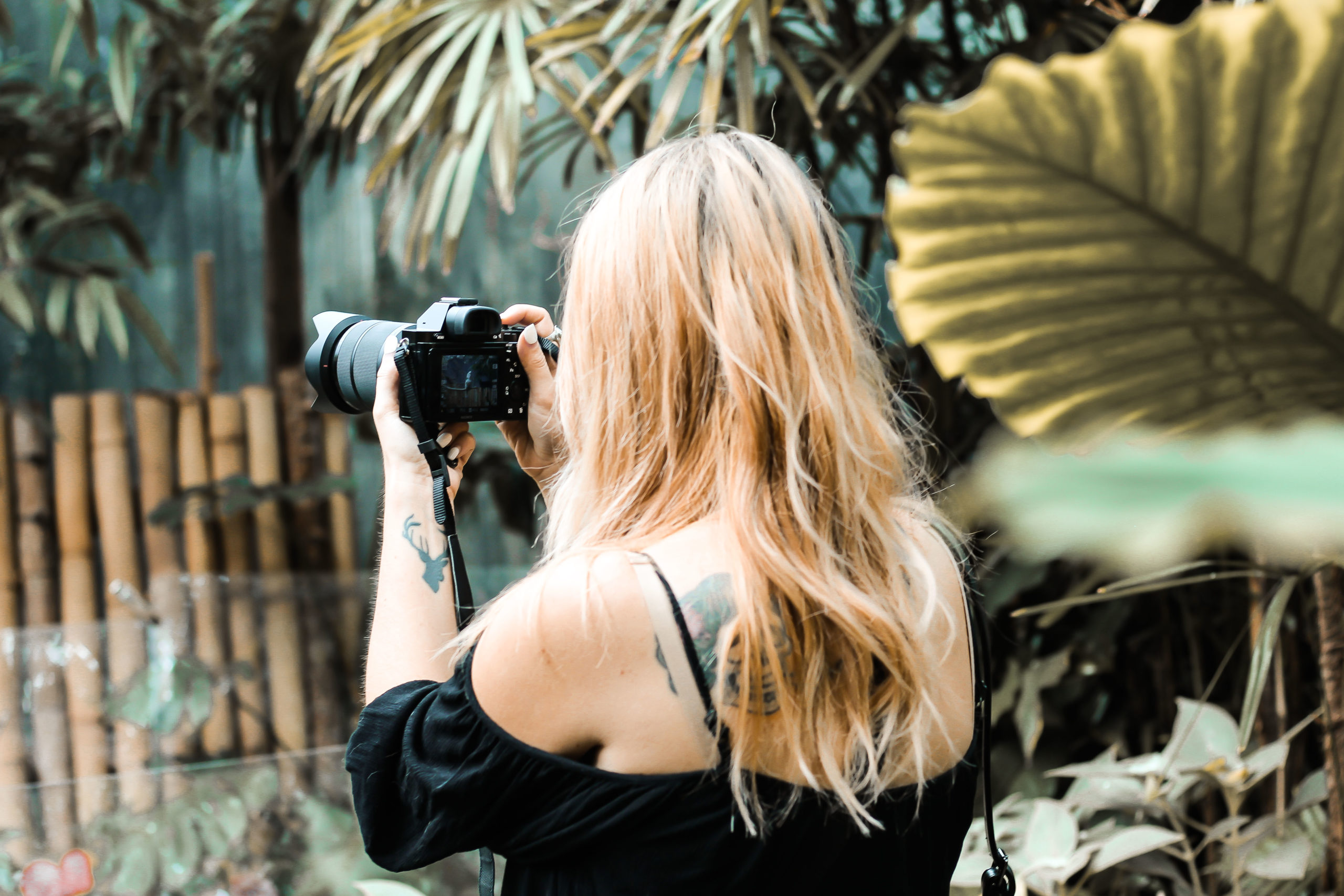Just because it’s on the internet, it doesn’t mean you can use it in any way you deem fit. And I hate to break it to you, but no, “Photo by: Pinterest” is not an appropriate attribution.
Photo credit. It seems like a complicated matter, and yes, sometimes it really can be. And sometimes because someone sees other people and brands using someone else’s photos without proper credit, they think it’s okay to do the same – only amplifying the effect. This becomes especially important when using a photo for commercial purposes. So now you might be asking, what the hell does that mean?
Commercial Use: When a photo is used for profit-generating purposes, whether directly or indirectly.
“But I’m just using it as the Facebook cover photo for an event I’m hosting.”
Is the event ticketed? Will you be selling products or services at the event? Is it a free PR event in order to promote a new brand or initiative?
Then I’m sorry to tell you, but that means it’s for commercial purposes. All in all, if there is even a slight hint of commercial interest in regards to how the photo is being used, then you should probably know how to use someone else’s property appropriately. Or risk damage to your brand’s reputation, or worse yet, being sued.
What about Instagram?
Yes, even using user-generated content to fill the spaces in between your own brand’s photography is considered for commercial purposes. Even if you give appropriate photo credit. Check out this example of what a photographer did when he noticed a longboard brand had simply used his image on their Instagram account – with photo credit given.

Don’t be lazy, give appropriate photo credit. | © Steve Kojima
So here we go, I’m going to lay out a couple situations for you and let you know how to go about the process in an ethically sound way.
When you see an image on Pinterest and the caption doesn’t say who took the photo
Firstly, just because it’s on Pinterest, it doesn’t mean it’s been licensed for commercial use. In fact, sometimes images on Pinterest have been pinned from editorial pieces, and if you get caught using it for commercial purposes, you could end up paying big bucks (especially if there’s a model in it).
I would recommend the following for when you find an image on Pinterest and you can’t find the original photographer:
Reverse Image Search It
Google has this super handy feature where you can upload a photo or type in the url of the photo and do a search of where else the photo is published on the web. Sometimes, you’ll be able to track it back to the original source/post and find the appropriate photographer. But don’t just stop there. If you’re using the image for commercial purposes, and it’s not blatantly licensed as CC0, you’ll still need their permission to use it.
Try out Google’s Reverse Image Search for yourself here. Click on the camera icon to search by image.
Use Other CC0 Licensed Photos Instead
Can’t find the original owner by Google Reverse Image Search? There are resources out there where photographers upload their work and offer it for editorial and commercial uses. And sometimes for free. I know right? My personal favourite (by far) is Unsplash. And while the photos on Unsplash don’t require attribution and will cost you nothing, it’s a nice idea to give credit where credit is due.
When you see an image on Instagram and you want to repost it on your brand’s page
Again, this is definitely one of those scenarios where just because everyone else is doing it, it seems okay. And because you rarely hear of cases where brands get into trouble doing it, it seems even more okay.
99 times out of 100, simply reposting a photo with photo credit won’t result in damage. But the reality of risk still exists here. If there’s a photo on Instagram you want to use that belongs someone else, here is what I recommend doing first, even if it features your brand:
Ask permission if you can use it on your feed
This seems pretty straight-forward and is always going to be your best bet. And from my experience, most of the time, the person is going to say yes. Just make sure you don’t alter the photo in any way, shape, or form, without asking to do so first, and ALWAYS give proper photo credit in your caption. You’ll also want to make sure that you are crediting the appropriate person. The number of times I see someone credit the model in the photo instead of the actual photographer blows my mind.
If you want to be super cautious, screenshot these conversations where the owner has given permission and save them – just in case. While it’s unlikely anything would happen, it certainly could.
In your bio, make a usage statement
This is quite common. While it’s not clear permission, it is implied permission. It is definitely the easier route, but from my knowledge, this is still a bit of a grey area legally.
The way brands do this is by making a clear statement in their bio. Something along the lines of “To be featured on our account, use #yourhashtaghere”. Again, this works assuming that everyone has seen your bio and knows that by using the hashtag, their work might be featured. Which we know is not always the case. So a word of caution.
If anyone has any legal cases or issues from this method being used, I’d love to hear about it in the comments below.
Other solutions
Aside from the above scenarios and methods, there are plenty of resources these days for affordable stock content (Like Creative Market for example). Or I don’t know, you could learn to shoot your own or hire someone to do it ( like me – click here to see my services)? Yes, it may be faster or more affordable to steal other people’s photos, but in the end, sometimes it’s wrong, not to mention illegal and can cost you way more in the end.
Do you have an example of someone stealing your photos for commercial use? Let me hear about it in the comments below.

[…] https://caleydimmock.com/2017/10/30/instahacks-how-to-use-photos-right-way/ […]
[…] https://caleydimmock.com/2017/10/30/instahacks-how-to-use-photos-right-way/ […]